When it comes to operating flatbed trailers, knowing the right insurance options is imperative for both safety and compliance. As an integral component of the transport sector, flatbed trailers come with unique challenges that necessitate tailored insurance solutions. This detailed analysis will guide you through the various types of insurance you need to consider, ensuring you are well-prepared to protect your assets and liabilities.
Types of Insurance for Flatbed Trailers
1. Liability Insurance
Liability insurance is a fundamental coverage for any trucking operation. This type of insurance protects against claims resulting from injuries or damages that you may cause to others while operating your flatbed trailer.
- Bodily Injury Liability: Covers medical expenses and damages for injuries caused to other individuals involved in an accident.
- Property Damage Liability: Covers damages inflicted on someone else’s property, such as vehicles or infrastructure.
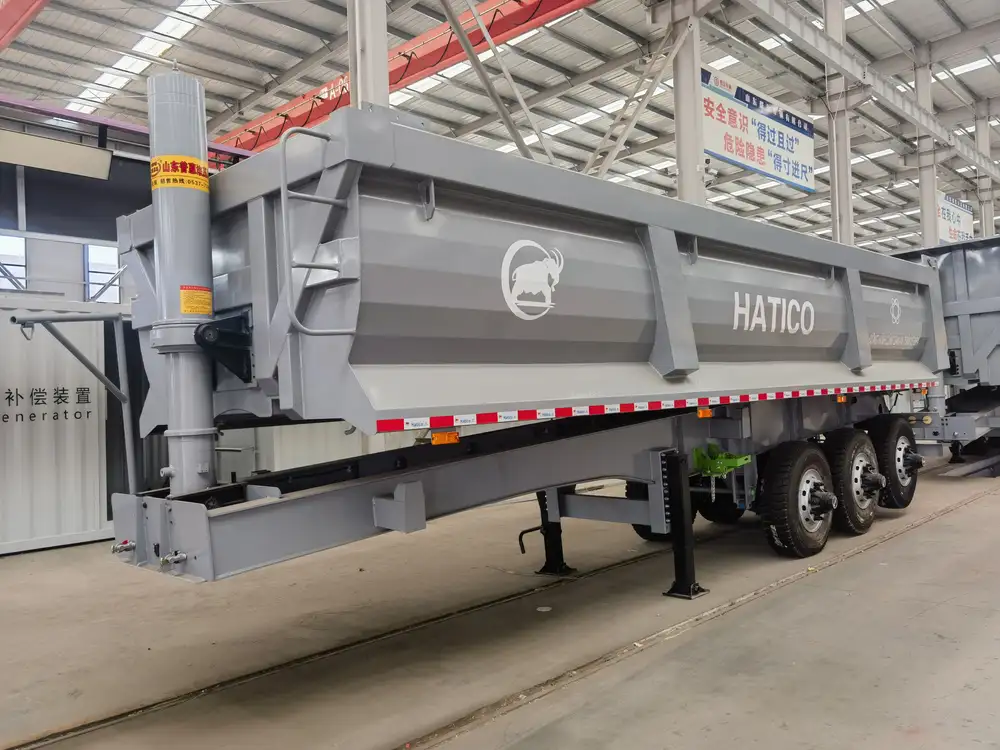
2. Physical Damage Insurance
Physical damage insurance provides coverage for your flatbed trailer against losses due to theft, vandalism, or accidents.
- Collision Coverage: Protects against damages resulting from collisions with other vehicles or objects.
- Comprehensive Coverage: Covers damages from non-collision incidents like natural disasters or theft.
3. Cargo Insurance
Given that flatbed trailers often transport heavy payloads, cargo insurance is crucial. This insurance protects the freight during transit.
- All-Risk Coverage: Offers the widest protection, covering most types of damage or loss.
- Named Perils Coverage: Only covers risks specifically mentioned in the policy, which may include fire, theft, or damage resulting from accidents.
4. Uninsured/Underinsured Motorist Insurance
This type of insurance shields you if you are in an accident with a driver who doesn’t have sufficient insurance. It can cover bodily injury or, in some cases, property damage.
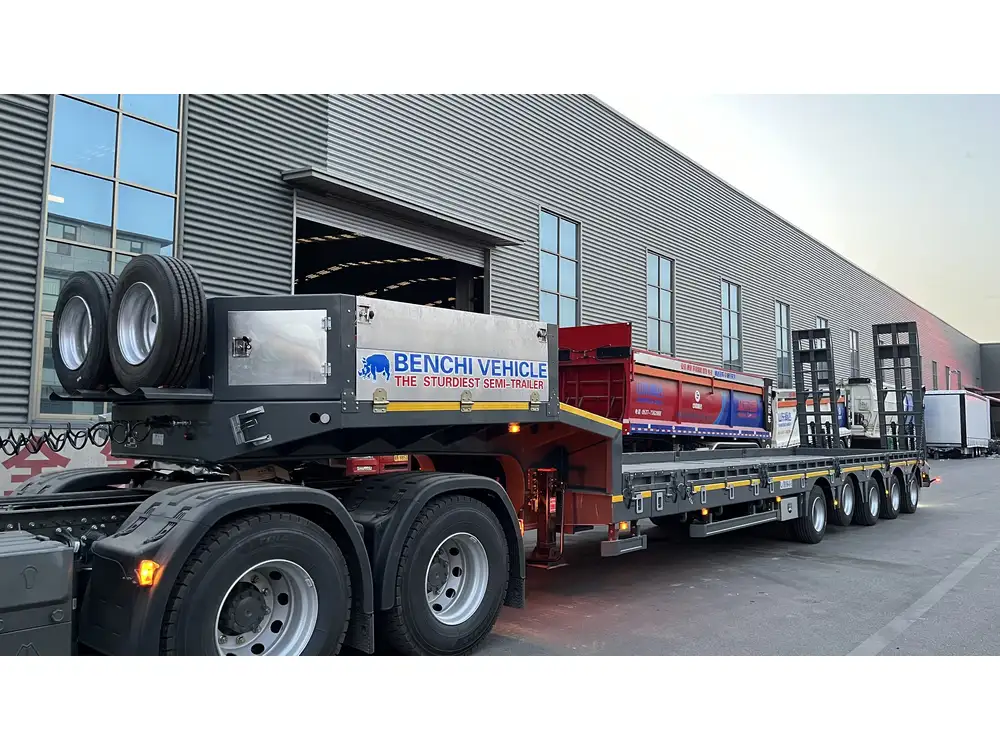
5. Medical Payments Coverage
This insurance provides coverage for medical expenses for you and your passengers, regardless of fault, resulting from an accident while operating the trailer.
6. Trailer Interchange Coverage
If your operation involves leasing or exchanging trailers, trailer interchange coverage is essential. It provides protection for damages to a leased trailer while in your possession.
7. Workers’ Compensation Insurance
If you employ drivers or crew members, workers’ compensation insurance covers medical expenses and lost wages related to work-related injuries.

Factors Influencing Insurance Premiums
Understanding the elements that influence your insurance premiums can help you make informed decisions:
| Factor | Description |
|---|---|
| Driving Experience | More experienced drivers often have lower premiums. |
| Claim History | A history of accidents or claims can elevate your premiums. |
| Type of Cargo | Transporting hazardous materials typically incurs higher costs. |
| Geographical Location | Rates can vary significantly based on regional risks. |
| Trailer Maintenance | Regular maintenance and inspections can lead to discounts. |
Choosing the Right Insurance Provider
When selecting an insurance provider for your flatbed trailer, consider the following:
1. Coverage Options
Ensure the insurer offers all necessary coverages specific to flatbed operations.

2. Financial Stability
Research the company’s financial ratings and consumer reviews to ensure they can pay out claims.
3. Customer Service
Choose a provider known for strong customer support, as they will be your main point of contact for both routine inquiries and claims.
4. Claims Process
Understand the claims process and how straightforward it is to file a claim. A cumbersome claims process can add undue stress during emergencies.
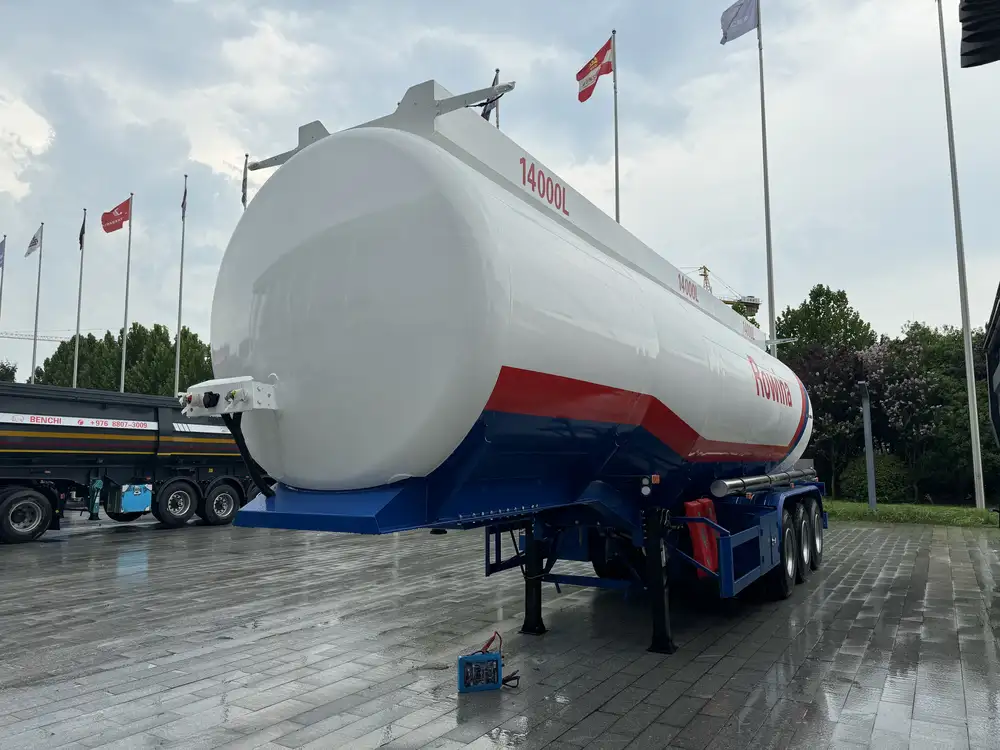
Compliance with Federal and State Regulations
Navigating the complex web of insurance requirements imposed by federal and state regulations is crucial for any flatbed trailer operator.
- Federal Motor Carrier Safety Administration (FMCSA) mandates minimum coverage limits for various types of motor carriers.
- State-Specific Requirements can impose additional coverage mandates. Verify your local laws to ensure compliance.
Key Considerations for Flatbed Trailer Operations
While focusing on insurance is critical, there are additional considerations vital to safe and profitable flatbed trailer operations:
1. Proper Loading Techniques
Improperly loaded freight is a leading cause of accidents. Ensuring that your cargo is loaded securely and evenly can mitigate risks significantly.
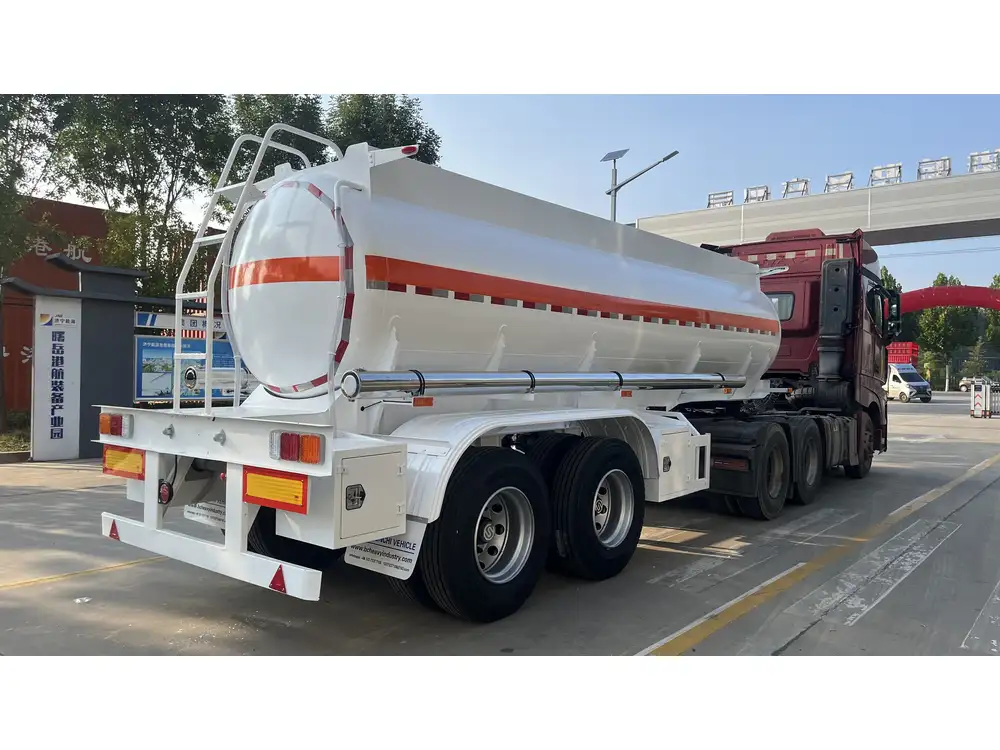
2. Regular Trailer Maintenance
Investing in routine inspections and maintenance can prevent unexpected failures, enhancing both safety and your insurance standing.
3. Driver Training Programs
Implementing rigorous training programs for drivers can reduce the likelihood of accidents and claims, which can ultimately lower your insurance premiums.
4. Safety Protocols
Develop comprehensive safety protocols that your entire team adheres to. This includes using safety equipment, conducting pre-trip inspections, and following industry best practices.
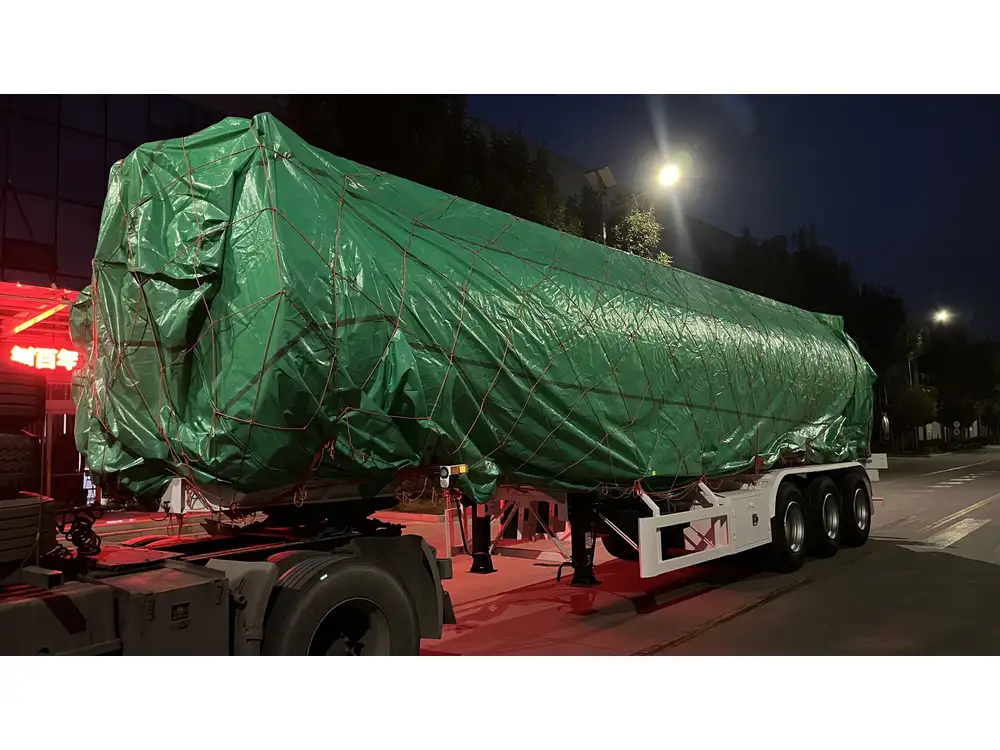
5. Managing Accident Reports
In the unfortunate event of an accident, maintain a detailed record of the incident including photos, damage reports, and police reports. This documentation will be crucial for your insurance claims process.
Frequently Asked Questions (FAQs)
What Coverage is Mandatory for Flatbed Trailers?
The mandatory coverage often includes liability insurance, which is required in almost all states. Additional requirements can vary by state and type of cargo transported.

Can I Bundle My Insurance Policies?
Many insurance companies offer discounts for bundling different types of coverage. This can be a cost-effective way to ensure all aspects of your operation are covered.
How Do I Know If I Am Underinsured?
Regularly reviewing your insurance policies against your operations, particularly considering changes in cargo, routes, or scale of operations, can help determine if you’re adequately insured.
What Should I Do After an Accident?
Immediately ensure safety and health of all individuals involved; document the scene extensively, notify your insurer, and file a claim as soon as possible for a smoother recovery process.

Conclusion: Securing Your Flatbed Operations
In the realm of flatbed trailer operations, securing the right insurance coverage is not merely an obligation; it is a foundational aspect of responsible business management. By understanding the different types of insurance and their respective benefits, you position your business to navigate the complexities of the transportation industry effectively.
As we delve deeper into optimizing flatbed operations, we remain vigilant in aligning our insurance strategies with best practices, regulatory standards, and the unique demands of our cargo transport. The journey from procuring the right insurance to implementing robust safety measures is ongoing, but with thorough planning and informed choices, you can cultivate a successful and safeguarded flatbed trailer operation.
By prioritizing these aspects, you ensure not only compliance but also foster a culture of safety and reliability that resonates throughout your business. Make your choices wisely, and enable your fleet to serve as a strong pillar for your operational success for years to come.



